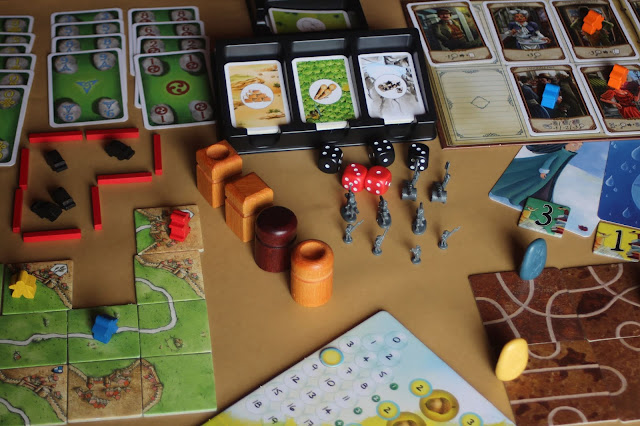Early 1970’s. The man walks on the moon, to the pace of the Apollo missions. On Earth, man drives, to the rhythm of cheap fuel. The price of the West Texas Intermediate gently oscilates, just above $20.
October 1973. Syria and Egypt attack Israel, triggering the war of Yom Kippur. The U.S. supports Israel. The Arab Oil Exporting Countries decree an oil embargo. The price of oil shoots to 55 dollars a barrel.
https://www.macrotrends.net/1369/crude-oil-price-history-chart
Portugal, beginning of the 1970’s. The liter of gasoline costs about 7 escudos, the national currency of those times, a value that corresponds roughly to three cents of the euro. In 1974 it raised to 5 cents.
1973. The construction of a deep-water port, in Sines, with terminals for the reception of petrochemicals and natural gas products, among others, is just beginning.
Karto launches Petróleo (Oil), the game.
Oil. A well-oiled business, with recognized brands, and others less known. Some of them, under these or different designations, were once part of the Seven Sisters, who dominated the oil market in the first half of the twentieth century: Esso, Mobil, Shell, BP. They are joined, for the game, by Sonap and Sacor, precursors of Galp.
A business of millions, as seen by the notes value, ranging from 1 to 50 million of Kartos, the currency of a land not hard to imagine.
Millions, too, of tons of oil, in storage tanks of different capacities, and with different rentabilities. Assets include exploration permits, drilling towers, gas reservoirs, fuel trucks and, of course, oil tankers.
There are also cards, which will not be hidden up the sleeves, but on the hand and on the table, to set the course of action, trigger movements, condition the rivals. And tokens of possession, by each company, or marking a joint holding, together with the State or the bank.
Each card played allows, should there be money enough, to acquire new goods, to make new investments. But also, to move the marker along the side band, triggering events that will impact the next player, in a mechanism like the one used in Bolsa (the Stock Exchange), where there are no dice.
Purchase of exploration licenses or drilling towers. Payment of several taxes. Damage to oil tankers, accidents with tanker trucks or fires in wells. Drop in the price of oil. Confiscation of unused licenses. The dreaded nationalization of the assets or the longing for becoming, once again, fully private. You name it!
In addition, there is the possibility of auctioning the rights to acquire infrastructures, at the best price and hoping for the interest of several investors. And to make specific alliances, to better invest. Or even to join the bank, for acquiring an oil tanker.
At every complete turn of the board, every passage in the starting space, here called the Year Pass, it is time to raise income: 20 million for a 6 MT storage tank, 12 for each gas reservoir, 5 per tanker truck, 100 for an oil tanker. A lot more than what may be obtained at every lap in Monopoly.
Building up takes some time. First, you must obtain an exploration license. Then build a drilling tower to start the oil extraction. Finally install an oil storage tank or gas reservoir. Always adapting to the cards drawn, the bidding and, above all, doing the maths for the costs and revenues of each asset over time. And the landscape starts to change.
On shore, but also offshore,
where the cost of exploration licenses is lower and the cost of installation of drilling towers
is higher. But land space is scarce, offshore licenses are there for the take
and, of course, some oil magnates can't resist the marine calling!
A game that is
also a good platform for introducing new rules, to the taste of each, such as the
productivity of oil fields or the importance of the contiguity of
infrastructures.
A Karto product
from the 1970's. Made in Portugal.












